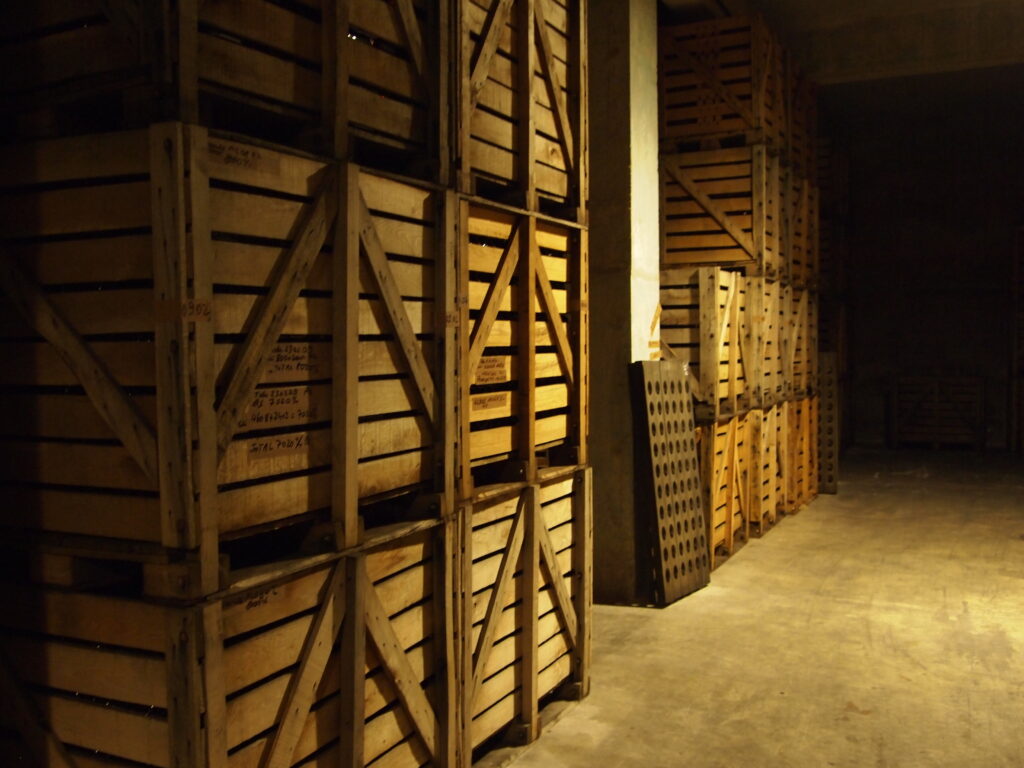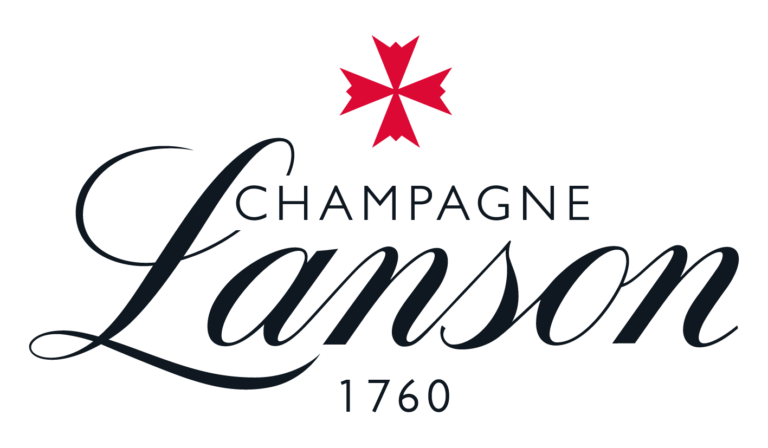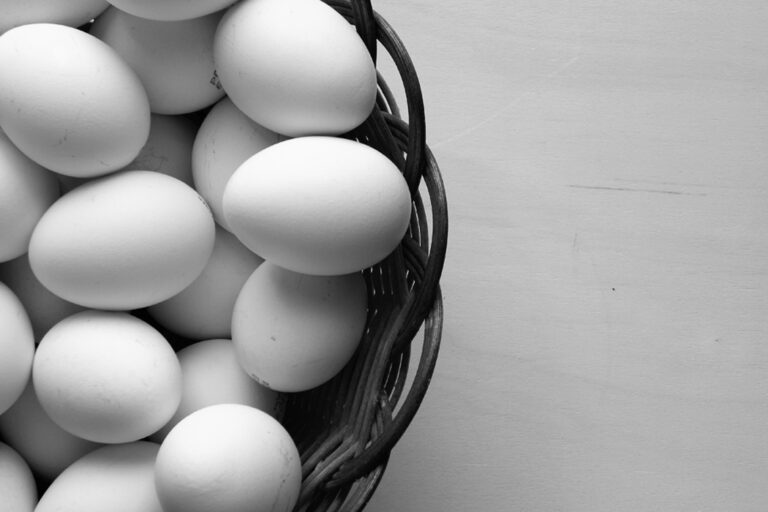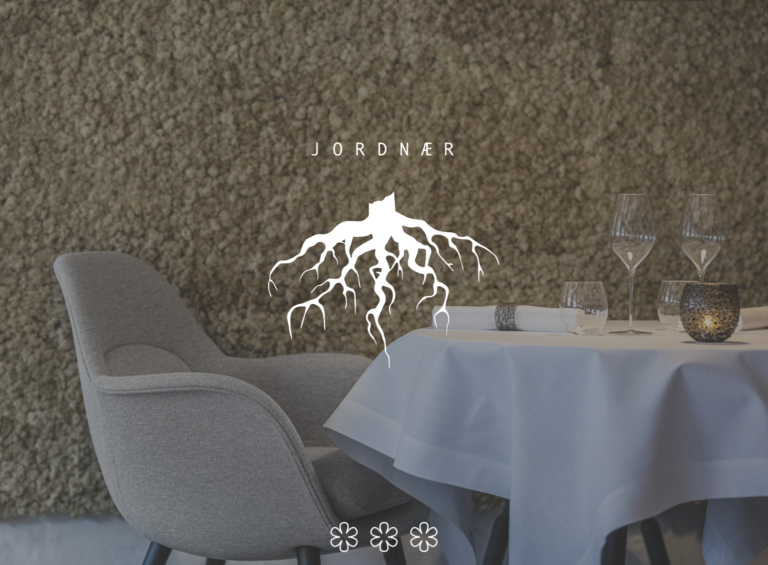Champagne Club by Richard Juhlin discusses provenance, in the context of rare champagnes and fine wines. [read the full champagne story]
Estimated reading time: 4 minutes

In an era where luxury assets are experiencing unprecedented growth, the captivating prospect of investing in exceptional wines – particularly those from the prestigious Champagne region – has piqued the interest of both experienced investors and those new to the realm of fine wine.
“Investing in rare Champagnes is far more than just acquiring bottles with effervescence; it demands a keen understanding of intricate factors such as quality benchmarks, verifiable provenance, and evolving market dynamics,”
explains Richard Juhlin, the globally recognized Champagne connoisseur
“Your mission is to equip yourself with the comprehensive knowledge and essential resources required to navigate this exhilarating market with confidence and make well-informed decisions.”

Provenance, in the context of rare champagnes and fine wines, refers to the documented history of a specific bottle, from its origin at the producer to its current location. It encompasses a comprehensive record of ownership, storage conditions, transportation, and any significant events in the bottle’s life. Understanding and valuing provenance is paramount for several critical reasons:
1. Authenticity and Combating Fraud:
- The fine wine market, especially for rare and highly sought-after vintages, is unfortunately susceptible to counterfeiting. Bottles can be refilled with lesser wines, labels can be faked, and entire histories fabricated.
- Impeccable provenance acts as a powerful tool to verify the authenticity of a bottle. A clear and unbroken chain of ownership, supported by documentation like original purchase receipts, auction records, and professional storage invoices, significantly reduces the risk of acquiring a fake.
- In the absence of reliable provenance, even a visually perfect bottle can be suspect, making it difficult to ascertain its true origin and contents.
2. Preservation of Quality and Condition:
- Fine wines, particularly vintage Champagnes, are delicate and evolve over time. Their quality is highly sensitive to storage conditions, including temperature fluctuations, humidity levels, light exposure, and vibrations.
- Provenance records often detail how a bottle has been stored throughout its history. Wines that have been kept in professional, climate-controlled cellars are far more likely to have aged gracefully and retain their intended flavors and aromas.
- A bottle with a documented history of poor storage is a significant risk. Even if authentic, it may be flawed or past its optimal drinking window, drastically diminishing its value and enjoyment.
3. Impact on Investment Value:
- For collectors and investors, provenance is a crucial factor in determining a rare champagne’s market value and its potential for appreciation.
- Bottles with exceptional provenance command higher prices at auction and in private sales. This is because provenance provides assurance of authenticity and optimal condition, making the bottle more desirable to discerning buyers.
- Wines with unclear or incomplete provenance often face skepticism, leading to lower valuations and potentially difficulty in resale. A well-documented history adds credibility and trust, making the investment more secure and liquid.
4. Establishing Trust and Reputation:
- In the fine wine trade, trust between buyers and sellers is paramount. Reputable auction houses, dealers, and clubs like Champagne Club by Richard Juhlin understand the importance of provenance and go to great lengths to verify the history of the wines they offer.
- Providing detailed provenance information builds confidence and transparency in transactions. Sellers with a strong track record of offering wines with verifiable histories establish a positive reputation, attracting serious collectors and investors.
5. Historical Significance and Rarity:
- Sometimes, the provenance of a bottle can add to its historical significance and rarity. For example, a bottle that was part of a renowned collector’s cellar or has a unique story attached to its ownership history may be even more valuable.
- Knowing the journey of a rare champagne can enhance its appeal beyond its intrinsic qualities.
In the context of Champagne Club’s new initiative:
The emphasis on Richard Juhlin’s tasting library underscores the importance of provenance. By offering guidance on selecting and acquiring rare champagnes, the club aims to equip members with the knowledge to identify bottles with strong provenance, thereby safeguarding their investments and ensuring the quality of their acquisitions. The our master classes will likely delve into how to assess provenance and identify red flags that could indicate authenticity or storage issues.
In conclusion, provenance is not merely a bureaucratic detail; it is the backbone of trust, value, and quality assurance in the world of rare champagnes. It protects buyers from fraud, provides insights into the wine’s condition, significantly impacts its investment potential, and contributes to the overall integrity of the fine wine market. For serious collectors and investors, meticulous attention to provenance is not just advisable – it is essential.





